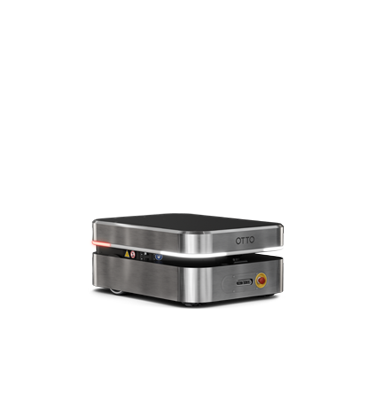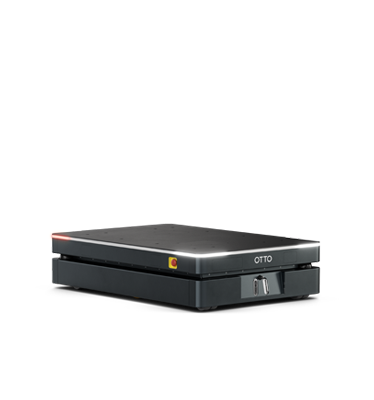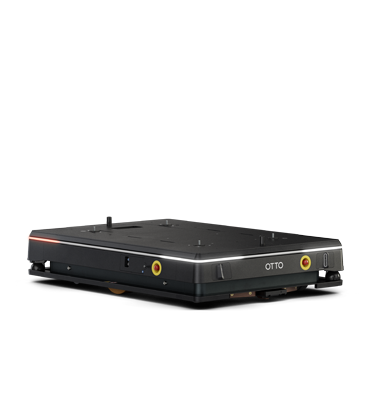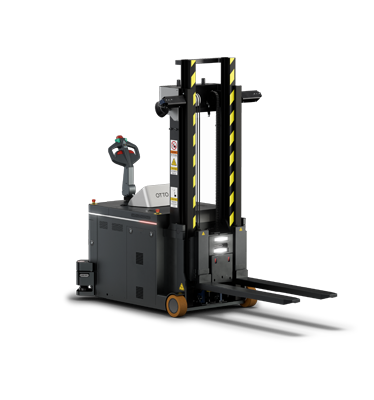Blog
Why is the digital supply chain important for manufacturing?

Industry 4.0 is changing the way products are delivered to the marketplace, forcing manufacturers to quickly adopt new business and revenue models.
Typically, products are delivered to customers through a very standardized process. Marketing departments analyze customer demand, forecast sales, and dictate raw material requirements, components and parts needed by production to meet the anticipated capacity. If all goes as planned, the supply and demand gap at every point along the supply chain is a small one. Forecasting, however, remains an inexact science, so this rarely happens.
The tools currently used to collect production and forecasting data are inconsistent and incomplete. And because manufacturing operates independently from marketing, there’s often a lack of transparency that keeps all links along the supply chain from truly understanding what the others are doing.
What is the digital supply chain?
Industry 4.0 is allowing manufacturers, and all links along their supply chains, to improve critical processes by delivering technologies that gather data and actionable information from all processes within a company’s network. Growing the digital supply chain in manufacturing is a crucial activity for those juggling a number of variables from their customers including more customization, shorter product cycles and even faster innovation cycles. It eliminates silos that have dictated a manufacturer’s operations, instead providing full visibility into a company’s needs and challenges. By delivering valuable information along all stops within a networked system, in real time, Industry 4.0 technologies are helping manufacturers, and their customers, plan their needs accordingly.
PwC envisions a digital supply chain that consists of eight key elements: integrated planning and execution, logistics visibility, Procurement 4.0, smart warehousing, efficient spare parts management, autonomous and B2C logistics, prescriptive supply chain analytics, and digital supply chain enablers.
A new perspective for manufacturing
Manufacturers will be encouraged to adopt an ecosystem perspective, in which they develop complete product and services solutions instead of stand-alone products. Doing so will require manufacturers to leverage partnerships and platform alignment if they can’t develop a comprehensive offering on their own. This helps boost profits even though a manufacturer may be part of a platform that it can’t fully control. Industry 4.0 allows manufacturers to actively understand customer behavior and establish a distinct position within a more complex ecosystem of partners, suppliers and customers that interact with the digital supply chain.
McKinsey Co. suggests Industry 4.0 will create “platforms” where products, services and information are exchanged through predefined streams, creating new revenue streams. Consider open-source software, and apply it to the manufacturing industry. A company could provide technology that connects multiple parties and coordinates their interactions for a fee. A pilot project between a 3D printer manufacturer and IT services firm is working to develop such a marketplace. Customers would order a 3D printer through a virtual broker platform managed by the IT company, allocating those orders to the manufacturer's decentralized network of production sites, depending on the specifications required by the customer and their geographic location.
Another example lies within automotive manufacturing, where value pools have shifted from upfront revenues to usage-based revenues derived from software and services, driven mainly by connectivity, and dismantling traditional value chains to create new value pools.This has potential to redistribute revenues along the automotive revenue pools (vehicle price, connectivity hardware, driver time and attention, maintenance, and insurance). In this sense, hardware is more commoditized, lowering barriers for new market entrants.
Disruptive technologies within Industry 4.0 will impact a company in many ways, and generate opportunities to improve operational effectiveness and challenge traditional business models. Those able to grasp influence points within complex ecosystems across value chains will see a significant competitive advantage emerge, and meet the ever changing and demanding needs of their customers using a fully connected digital supply chain.







